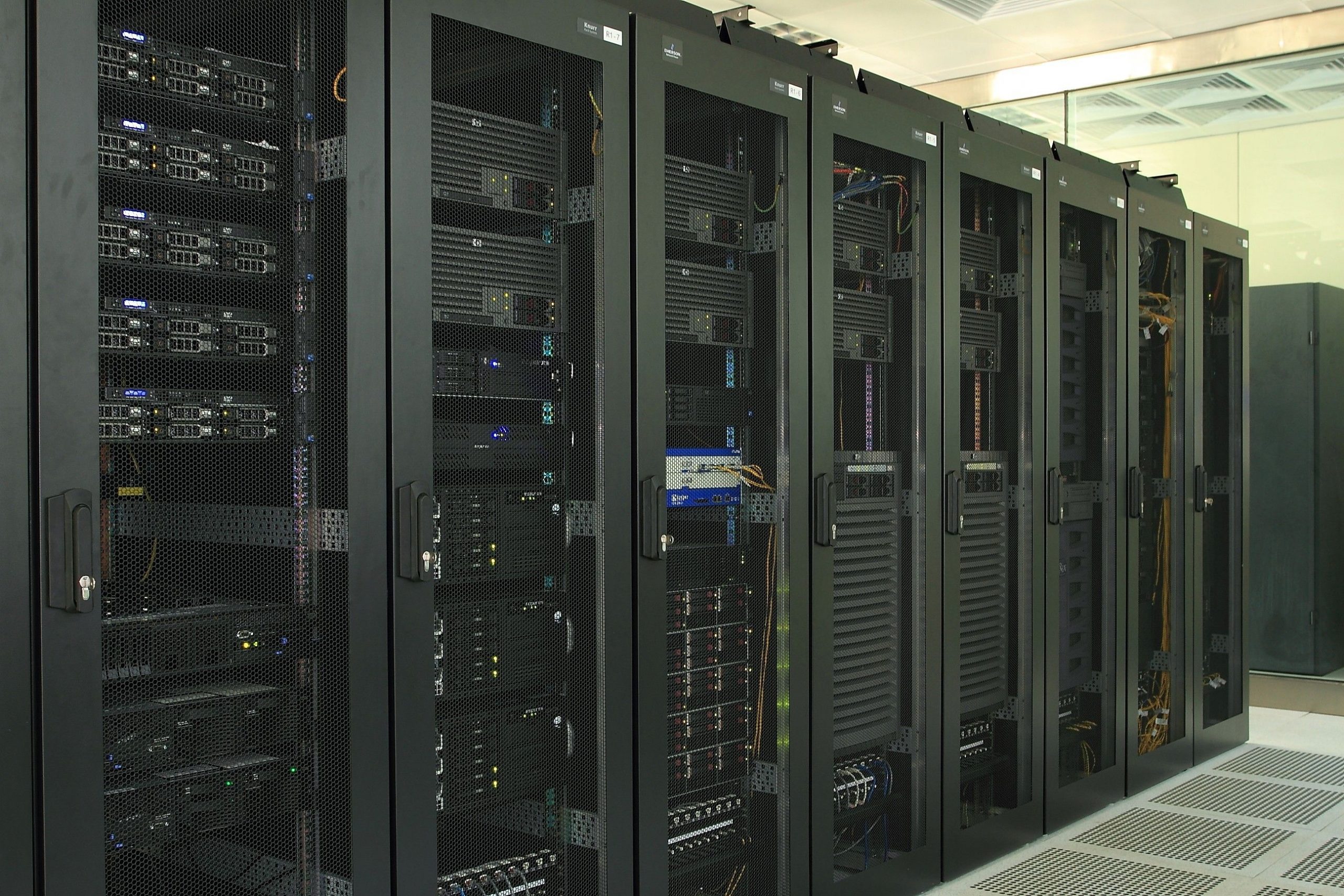Ten Reasons to Consider a Website Crash (and How to Avoid It)
1. Traffic swells
Increases in traffic happen when too many users visit your site simultaneously, causing a huge overload on the hosting server, and causing your entire site down.
The worst part? This happens when you have the most sales, that is when there are many people visiting your site at once.
How to prevent traffic accidents
It isn’t a good idea for your website not to be able to handle the increased volume of traffic. The amount of traffic can increase dramatically after you launch the latest marketing or advertising campaign, so ensure you plan for it ahead of time and upgrade your hosting plan as needed.
The surge in traffic could be seasonal, or due to increasing demand for your product. So, you should monitor your traffic on a regular basis.
2. Plugin Errors
Not all plugins are made to be the same. Certain plugins can be extremely helpful and others could cause your website to crash. The motives for why a plugin can crash your website are as follows:
- It could be that a plugin was not designed correctly from the start.
- Plugin developers might end their updates at an upcoming time
- It may not work with other plugins you’re using
- You may have neglected to update it
How to Avoid Plugin Errors
You don’t have to install plugins simply because they are feasible. In addition to crashing your site and causing a slow load, plugins also impact the speed of your website, so carefully vet all the plugins you use make sure you only install those you really need, and make sure to update them frequently.
3. Coding Errors
Your website could crash if the code isn’t done correctly.
How to avoid Coding Errors
If you’re using a web-based website builder then you probably don’t need to work with code at all. If you’re creating your website, you need to be able to understand what you are doing and also keep backups.
You may also engage a web developer for upkeep and maintenance.
4. Hacker Attack
A hacker attack can also bring your website down. The most frequent type is the DDoS (distributed denial of service) attack, where a hacker overwhelms your website with traffic from different sources.
How to prevent a hacker Attack
To prevent the possibility of hacker attacks, you should use HTTPS instead of HTTP and ensure that all passwords are safe (preferably with a trusted password manager) and keep all plugins and software up to date. HostGator also suggests installing the correct security plugins and performing backups on a regular basis.
5. Virus Attack
Sometimes, there’s no malicious person on the other side. Your site could be affected through a bot as well. While malware that is malicious can cause the website to crash, it may be able to infect your PC or the devices of your visitors. It is essential to ensure that your website is protected.
How to prevent Virus Attacks
In the same way as the previous aspect, you should utilize HTTPS protocols and secure your passwords. It’s recommended not to allow users to upload files to your website unless it is necessary since this could open the door to malware.
6. Expired Hosting
When you purchase a hosting plan typically, you purchase one that will cover you for a year or two. After the plan is over, your website will be no longer accessible.
How to Prevent Your Hosting Plan from Ending
It’s simple. This is a simple one.
If you don’t want your hosting plan to renew automatically for any reason (e.g. when your hosting provider is changing) You should allow yourself sufficient time prior to the date of expiration.
7. Domains that are expired
Your domain name isn’t the same thing as your hosting plan; both need to be renewed separately. Your website may not function in the event that the domain name (i.e. the address of your website) is deleted.
How to Stop Your Domain from Expiring
The most effective way to prevent losing your domain name is to utilize the auto-renewal feature provided by the hosting provider. Most likely, it’ll be your hosting provider.
8. Issues with your Hosting Provider
If your hosting provider experiences interruptions or maintenance that happen without warning the result could be an unplanned website crash.
How to Prevent Hosting Issues
The best solution is to select a reputable hosting provider with a proven uptime performance. If you have no experience with hosting your website and you are seeking the best solution, we can assist!
9. Being Blacklisted by Google
Google will blacklist your website and will send you a message informing you that “Your connection isn’t secure”, “The website ahead contains malicious code” or some other warning.
Although this isn’t exactly similar to a site crash, the result is nearly the same. As long as you don’t address the issue, your traffic, ranking as well as sales and profits will all suffer.
How to Avoid Being Blacklisted by Google
The advice we offer is similar to the prevention of viruses or hacker attacks. You should make sure that your passwords and software are safe, that you are using the most recent versions of every plugin, and that you are using HTTPS encryption with the correct security plugins.
10. A DNS error
DNS errors could indicate an error in DNS configuration or that your DNS provider has a problem. Or, your site could be infected, resulting in the hosting company blocking your website.
How to Avoid a DNS Error
Check that you have the latest plugins, ensure that your website is secure, as well as making sure that your domain and hosting plan has not expired.
Make sure you avoid website crashes by employing the Correct Prevention Strategies
It is crucial to swiftly determine the cause behind a website crash and fix it as soon as possible. Prevention is even more important.
Thankfully, with reliable hosting providers and reliable website builders, prevention is easier than ever. Be sure to keep all plugins and software current and your passwords are secured throughout the day. Don’t forget to change your credit card details in the event that your credit card expires. In the event that you fail to do so, your domain name and hosting will not renew automatically.







